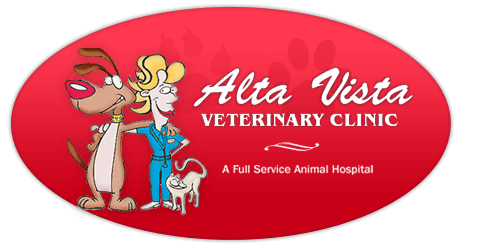4 Noteworthy Nasal Symptoms In Dogs
Dogs depend on their highly sensitive noses to detect everything from food and potential mates to possible dangers. As a dog owner, however, you might find your canine's nose is equally useful to you. Certain nasal symptoms or changes in the nose's appearance can serve as a warning of an underlying health problem.
The more easily you can spot these potential trouble signs and recognize their meaning, the more effectively and appropriately you can respond to them. Pay attention to the following four symptoms involving your dog's nose.
1. Runny Nose
Pets can suffer from a runny nose just as humans can, and for many of the same reasons. A clear fluid discharge from your dog's nose most commonly points to either a minor infection (such as the common cold) or allergies. Both of these issues may also cause watery eyes and sneezing bouts.
If your dog's runny nose doesn't go away on its own, your veterinarian may check the nasal passages for any foreign objects that might cause irritation (especially if only one nostril is running). Allergy testing can help identify specific allergens that your dog may need to avoid, from foods and pollen to dead skin cells.
2. Thick or Discolored Discharge
A thick, opaque discharge typically signals some sort of infection above and beyond the ordinary cold. A bacterial or fungal infection can produce a thick yellow or green discharge. The presence of pus in the discharge could mean that your dog has a growth called a nasal polyp, and that requires surgical removal.
If you see thick and/or discolored fluid coming from your pet's nose, seek veterinary care. Your veterinarian may need to prescribe antifungal or antibiotic medications to get the infection under control. Surgery can remove polyps that cause nasal discharge or interfere with your dog's breathing.
3. Nosebleeds
You may find the sight of your dog suffering a nosebleed understandably alarming. However, this dramatic symptom may occur due to minor trauma or irritation from a foreign body. Even sinus pressure from one of the infections noted above can cause some blood to appear in your pet's nasal discharge.
Other underlying health challenges can also make your dog vulnerable to nosebleeds. Examples include high blood pressure, blood clotting disorders, and exposure to toxins that can damage their internal organs. Your veterinarian can check for and treat these problems.
If your pet experiences a significant nosebleed, try to keep it calm to prevent blood pressure from rising and apply a cold compress to its nose. If these measures don't stop the bleeding, bring your dog to the vet clinic for an evaluation.
3. Exterior Changes
Your pet's nose doesn't necessarily have to produce any kind of discharge to warn you of potential health issues. For instance, a healthy dog's nose typically looks wet. If your dog's nose takes on a dry, cracked appearance, the animal may suffer from dehydration, especially if you notice that it has dry gums as well as a dry nose.
A dry nose doesn't always mean that your pet needs veterinary help. Older dogs typically develop a dry nose. Strenuous exercise and cold, wind, or sun exposure can dry out a dog's nose temporarily. Even an ordinary sleep period can contribute to dryness since your dog won't lick its nose as frequently during sleep.
Over time, you might see your dog's nose change color from its usual black to pink. Veterinarians aren't exactly sure what causes this relatively common color change, known as snow nose. Changes in your dog's biochemistry, environmental shifts, or even the consumption of food from plastic bowls may contribute to the condition.
Thankfully, snow nose doesn't affect a dog's overall health and wellness. Occasionally, however, a loss of nose pigment can indicate an underlying health problem that merits evaluation and treatment, such as an autoimmune disease or cancer. Get your dog's health checked just in case.
If your pet's nose looks odd to you or starts misbehaving, make an appointment with Alta Vista Veterinary Clinic. We can conduct a thorough evaluation, diagnose the problem (or put your mind at ease about a non-problem), and provide any necessary treatment.








